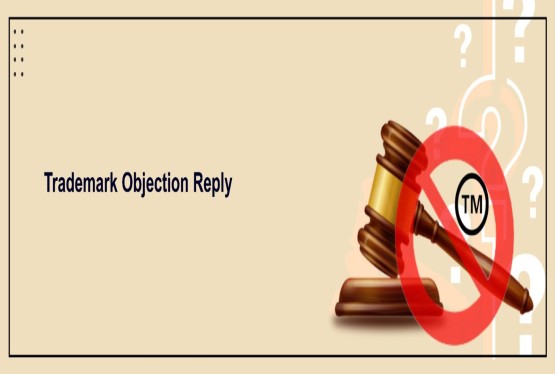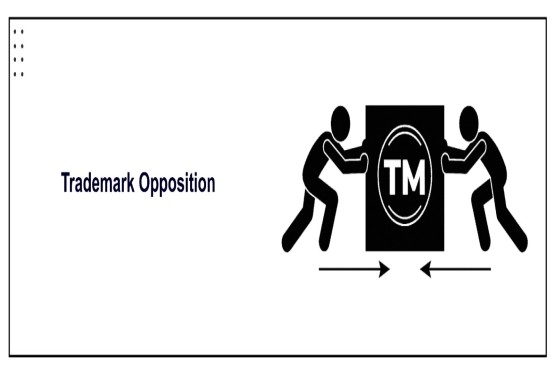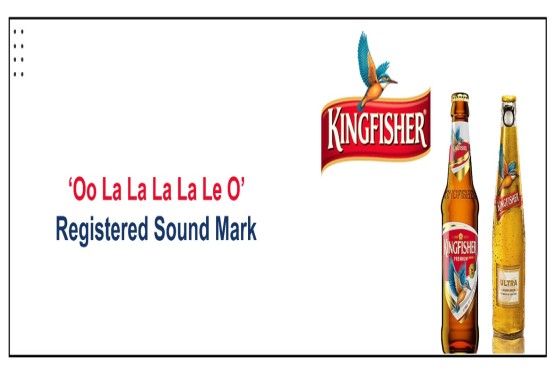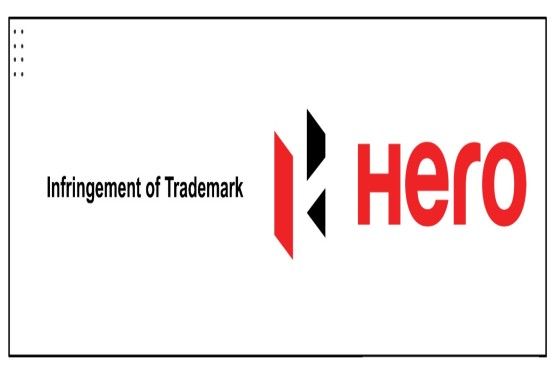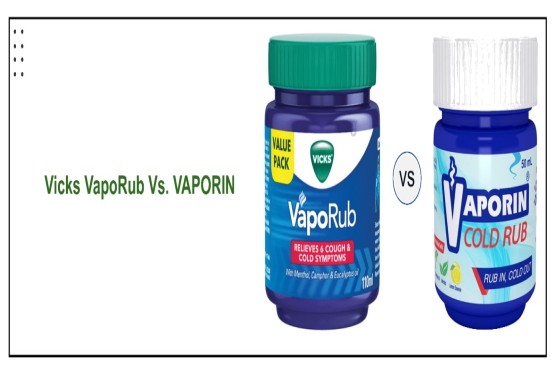In a significant ruling, the Delhi High Court addressed whether common Indian names such as "NEHA"—can be granted trademark protection. The Court concluded that while such names are capable of registration under the Trade Marks Act, 1999, protection is conditional upon the applicant demonstrating that the name has gained secondary meaning through extensive commercial use.
Distinctiveness and Trademark Protection
Justice Sanjeev Narula, who presided over the matter, observed that the name “NEHA,” being a frequently used Indian forename, does not inherently serve as a strong source identifier. As such, it is not automatically disqualified from trademark registration, but its distinctiveness must be earned through consistent and substantial use in commerce.
However, the Court drew a key distinction: even if a name like "NEHA" acquires secondary meaning in one product segment, it cannot be monopolised all product of the same trademark class without the evidence of brand recognition throughout the territory.
Case Background: Sahni Cosmetics vs. Neha Herbals
The case involved Sahni Cosmetics, who claimed to have used the subject mark “NEHA” for the face creams since 1990, and Neha Herbals, which started using the same subject mark for mehendi and herbal products in 1992. Sahni sought cancellation of Neha Herbals’ registered trademarks, acquire the prior rights.
Upon examination, the Court held that Sahni failed to produce credible, contemporaneous evidence to support its claim of prior use. Many of its earlier trademark applications had either been refused or allowed to lapse. However, Neha Herbals presented detailed documentation such as income tax records, packaging designs, sales invoices, and CA-certified turnover reports to shows its active commercial usage of the “NEHA” mark since at least 1994.
Court’s Findings on Secondary Meaning
The Court reiterated that under Indian trademark law, registration of personal names is not outright prohibited. However, such names require proof that they have come to signify a single commercial source in the minds of consumers.
Justice Narula noted that trademark rights are not abstract concepts; they evolve from real market activity and consumer association. For a mark to qualify as having acquired distinctiveness, the proprietor must provide compelling evidence of:
-
Long and continuous use of the mark
-
Annual sales and revenue figures
-
Advertising and promotional spend
-
Customer base or market share
-
Public recognition and brand surveys
Importantly, the Court clarified that goodwill is not universal—it is bound by product type and context. The fact that both parties operated in Class 3 (cosmetics and personal care products) did not automatically mean their products competed directly. Mehendi and face creams were held to be functionally and commercially distinct, reducing the likelihood of consumer confusion.
Final Verdict and Key Observations
While the Court upheld the validity of Neha Herbals’ registration and recognized its proprietorship over the mark in its category, it did not find grounds for trademark infringement or passing off by Sahni Cosmetics. It ruled that the concurrent use of “NEHA” on two different products—mehendi and face creams—did not mislead consumers or damage goodwill. The judgment firmly established that common names like “NEHA” can be registered as trademarks, but with limited protection unless a clear, product-specific secondary meaning is proven.
Justice Narula aptly concluded:
“Marks made of common names do not enjoy the same robust legal shield as coined or unique terms. The name ‘NEHA,’ while eligible for registration, cannot be granted sweeping rights without firm proof of widespread and exclusive consumer association.”
Conclusion
This ruling offers valuable clarity for businesses and brand owners considering the use of common personal names in their trademarks. While such names can enjoy legal protection, their inherently low distinctiveness requires brand owners to invest significantly in building market recognition and collecting supporting evidence. The Delhi High Court has drawn a boundary regarding the protecting genuine goodwill without permitting unfair monopolies over common Indian names.






























_(b)_of_the_Trademark_Act,_1999_(1)_crop10_thumb.jpg)



_crop10_thumb.jpg)




























_crop10_thumb.jpg)
_crop10_thumb.jpg)






_crop10_thumb.jpg)








_crop10_thumb.jpg)



_crop10_thumb.jpg)





























_crop10_thumb.jpg)

















_crop10_thumb.jpg)






_crop10_thumb.jpg)












































































































































_crop10_thumb.jpg)




































_crop10_thumb.jpg)












_crop10_thumb.jpg)














































_crop10_thumb.jpg)






































































































